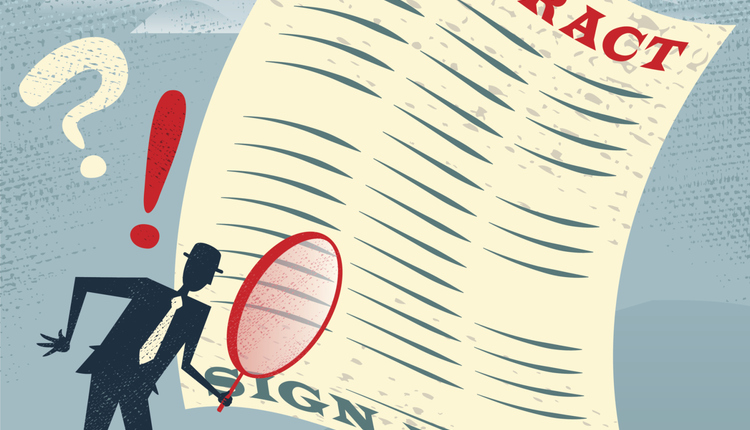In part one of this series, we discussed the importance of continually reducing expenses and improving operational processes in order to help your business succeed, and we looked at a case study that drove that point home. In part two, we'll continue to examine some case studies that demonstrate the critical nature of this task, especially for the logistics professional.
A cost driver that is always ripe for cost reductions is the area of transportation and logistics. A company CEO once told me, “I don’t care how much the freight carriers charge for shipping because my customers pay for it.” Dare I say that this is a CEO who is totally out of touch with reality! Unless his company is the only supplier of a particular product line, his competition will be continually breathing down his neck. The smart competition will usually offer lower prices because they have figured out how to lower their transportation and logistics expenses.
We’ve all heard the phrase: You don’t know what you don’t know. Nowhere is that more evident than in the area of transportation and logistics expense management. Why, you ask?
● Many companies believe they are locked into their current transportation service providers’ rates, and that those rates are the best rates in the industry
● They believe that simply because their service providers continue to tell them so
● Many companies are receiving discounts in excess of 85%, so they believe their rates can’t get any lower
● Companies can have the very best negotiators on staff but if they do not have access to the freight carrier's cost information, pricing matrices, contract terms, and conditions, there is absolutely no way they can determine if the rates and charges they are paying are in fact the best-in-class rates for the services provided.
● Many companies never even audit their freight invoices, so they can’t know whether those invoices are correct. After all, freight carriers are staffed by people, and people make errors.
● Some companies claim they audit their invoices in-house. If they indeed do, they are likely spending thousands of dollars a year more for that audit function than it would cost them to outsource the function to a qualified third-party audit firm.
● Many shippers pay huge fees for expedited services unnecessarily when many shipments are already guaranteed for next-day delivery in the ground shipping environment.
This list goes on and on, and unless a company has trained transportation and logistics executives on staff, they are usually paying 20%, 30%, or even 40% or more than they should.
Case Study 2 : Contract Re-Negotiation
One of our clients was receiving an 84% discount from their primary LTL carrier. We helped them renegotiate their LTL contract with the same carrier and reduced their annual LTL expenses by 40%, making their 84% discount not such a great deal after all. You see, the carrier was providing the 84% discount off of the highest base rate level the carrier published. Kind of like the retailers do offering discounts from the “originally sold at price.” The reality is that there is more than one set of base rates a shipper can negotiate with their freight carriers. The problem is, however, that many shippers are not aware of that fact.
We had the freight carrier publish a lower discount off of a much lower base rate, and now the client receives the same service, but just pays less for it. How’s that for a deal?
Tony Nuzio is President, ICC Logistics Services. Tony has been serving domestic and global shippers for over 40 years by analyzing their transportation and logistics operations and associated costs and then implementing real and quantifiable cost savings solutions.

















